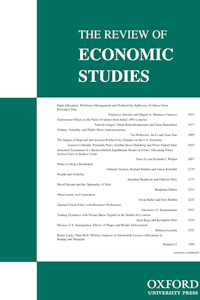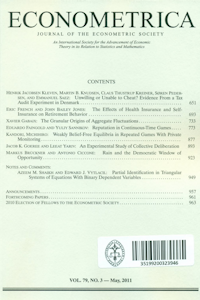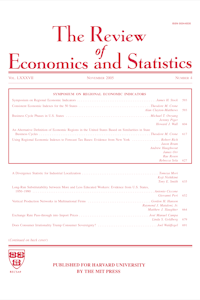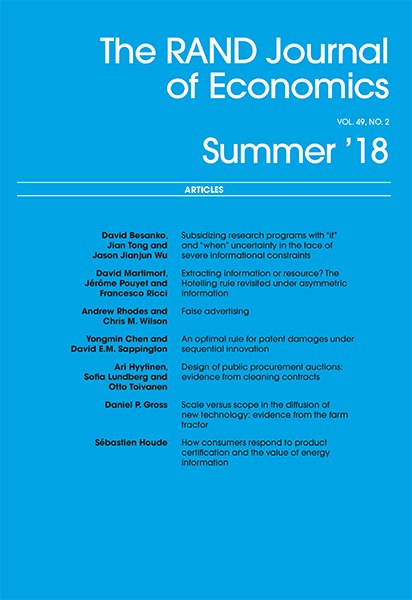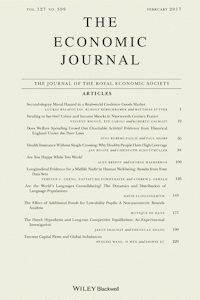
Cavalcanti, T.V.D. and Tavares, J.
The output cost of gender discrimination: a model-based macroeconomics estimate
The Economic Journal
Vol. 126 no. 590 (2016)
Abstract: We use a growth model in which saving, fertility and labour market participation are endogenous, to quantify the cost that barriers to female labour force participation impose in terms of an economy's output. The model is calibrated to mimic the U.S. economy's behavior in the long-run. We find that a 50 percent increase in the gender wage gap leads to a 35 percent decrease in income per capita in steady-state. Using independent estimates of the female to male earnings ratio for a wide cross-section of countries, we construct an economy with parameters similar to those calibrated for the U.S. economy, except for the degree of gender barriers. Higher discrimination decreases steady-state output per capita for two distinct reasons: a direct effect due to the decrease in female labour market participation, and an indirect effect working through an increase in fertility. For several countries, a large fraction of the difference between the country's output and U.S. output can be ascribed to differences in gender discrimination. In addition, we find that close to half of the overall decrease in output per capita is due to the effect of gender discrimination in fertility.
Keywords: Development, Gender barriers, Female labour force participation, Fertility
Author links: Tiago Cavalcanti
Publisher's Link: http://onlinelibrary.wiley.com/doi/10.1111/ecoj.12303/abstract ![]()

